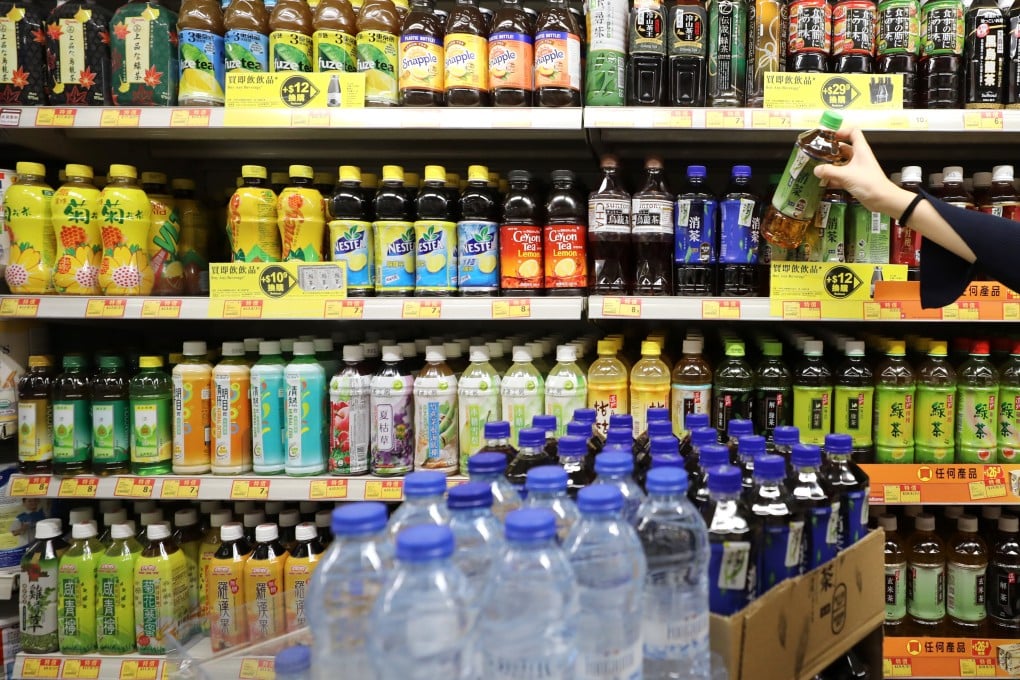Letters | To increase plastic bottle recycling, Hong Kong must make polluters pay
- Instead of the ‘rebate’ system proposed by the government, the experience of other countries suggests a ‘deposit’ system will work better
- People must bear the cost if they do not recycle the plastic they use

Looking back on the plastic shopping bag charging scheme, the imposition of a 50 cent levy has not been as effective as expected, with 760 tons of plastic bags a day disposed of at landfills in 2019. Why then would the government consider a rebate of 10 cents enough to change Hongkongers’ habits?
We demand a policy that does not solely depend on users taking action voluntarily, but one that creates a sense of responsibility in all users to do their part and recycle plastic by giving them a strong incentive.
Instead of a “rebate” system, a “deposit” system would implement the “polluters pay” principle whereby users must bear the cost if they do not recycle the plastic they use. This responsibility-driven system makes recycling less of a bonus than a rebate system.
